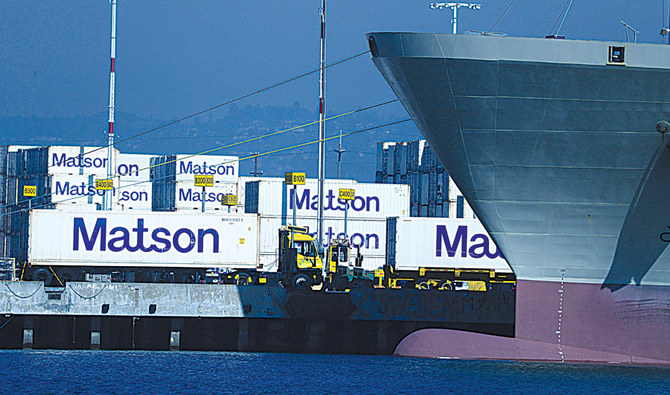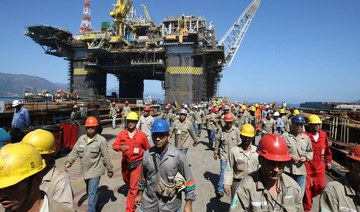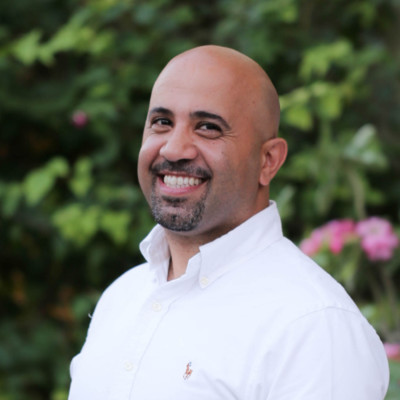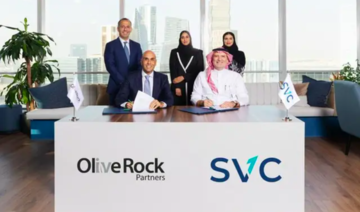LONDON: The physical crude oil market and the structure of the oil futures curve have rarely been more aligned over the past few years than in recent weeks, and they tell a counter-intuitive story of a tight oil market next year.
While OPEC and the International Energy Agency point to a swelling oil glut next year due to booming non-OPEC supplies including in the US, the physical market offers a different story. Traders are prepared to pay near-record premiums for sweeter barrels as new marine fuel regulations from 2020 encourage refiners to switch to crude grades that produce smaller quantities of high-sulfur fuel oil.
However, premiums for heavier grades, which produce more fuel oil, also continue to rally due to a deficit created by US sanctions on Iran and Venezuela. In addition, the structure of the oil futures market shows that premiums of front months to later dates – known as backwardation – have narrowed in recent weeks, also suggesting the market’s expectations of a glut are diminishing somewhat.
To be sure, benchmark oil futures do not necessarily follow the physical market and could still decline next year if global oil demand falls because of the US-China trade dispute or if US oil output surprises again on the upside. Soaring physical crude prices are also negatively impacting refining margins, often prompting refiners to cut processing. New marine fuel rules have created a rally in certain crude oil grades.
From January 2020, the United Nations’ International Maritime Organization (IMO) will ban ships from using fuels with a sulfur content above 0.5 percent, compared with 3.5 percent now, unless they have sulfur-cleaning kits called scrubbers.
Nigeria’s biggest crude stream, Qua Iboe, is valued at a premium of $3.30 a barrel, the highest since 2013, Refinitiv Eikon data shows. Azeri Light, or BTC, has a premium of $5.10 to the benchmark, its highest since 2013.
Both crudes are valued especially highly by simple refineries as they are ideal for producing IMO-compliant bunker fuel oil, said Eugene Lindell, an analyst at JBC Energy in Vienna. “The focus now is on not producing high-sulfur fuel oil at all costs. If you are a simple refinery, it comes down to choosing the right crude,” he said. “The end result is a lot of people are going to be seeking these grades and that boosts the price. They will remain strong and may increase further.”
While the rally in those two light, sweet grades stands out, sour crudes such as Russian Urals have been supported by other factors. Urals in northwest Europe is trading at a premium of $1 a barrel to dated Brent, a record high. “The strength in sour crudes, despite IMO 2020, is due to the loss of sour crude supplies from Venezuela and Iran and high demand for heavy molecules to feed the conversion units of more complex refineries,” analysts at Energy Aspects wrote.
US sanctions on Iran and Venezuela have forced the two OPEC members to cut oil exports sharply, tightening the market for sour crude. Voluntary OPEC cuts due to a supply pact that producers are expected to renew in December have also curbed output. Expectations of a growth slowdown in US shale could also tighten the market further. North Sea crude grades, which underpin the Brent futures contract, are also rallying. Ekofisk, one of the five grades that can set the value of dated Brent, jumped to its highest since 2013 on Tuesday.
The rally in physical crude is being reflected in strengthening time spreads in the Brent futures market, even though the outright price at $62 a barrel is well below this year’s high of $75. The first-month Brent contract is trading at a premium to the second month, indicating current tight supply.
Backwardation persists for future months, although it becomes shallower next year.
“We expect Brent oil prices to continue trading around our $60-a-barrel forecast with backwardation likely to persist as the ongoing OPEC cuts and slowing shale activity offset rising other non-OPEC supply and moderate demand growth,” Goldman Sachs said in a report this month.

























